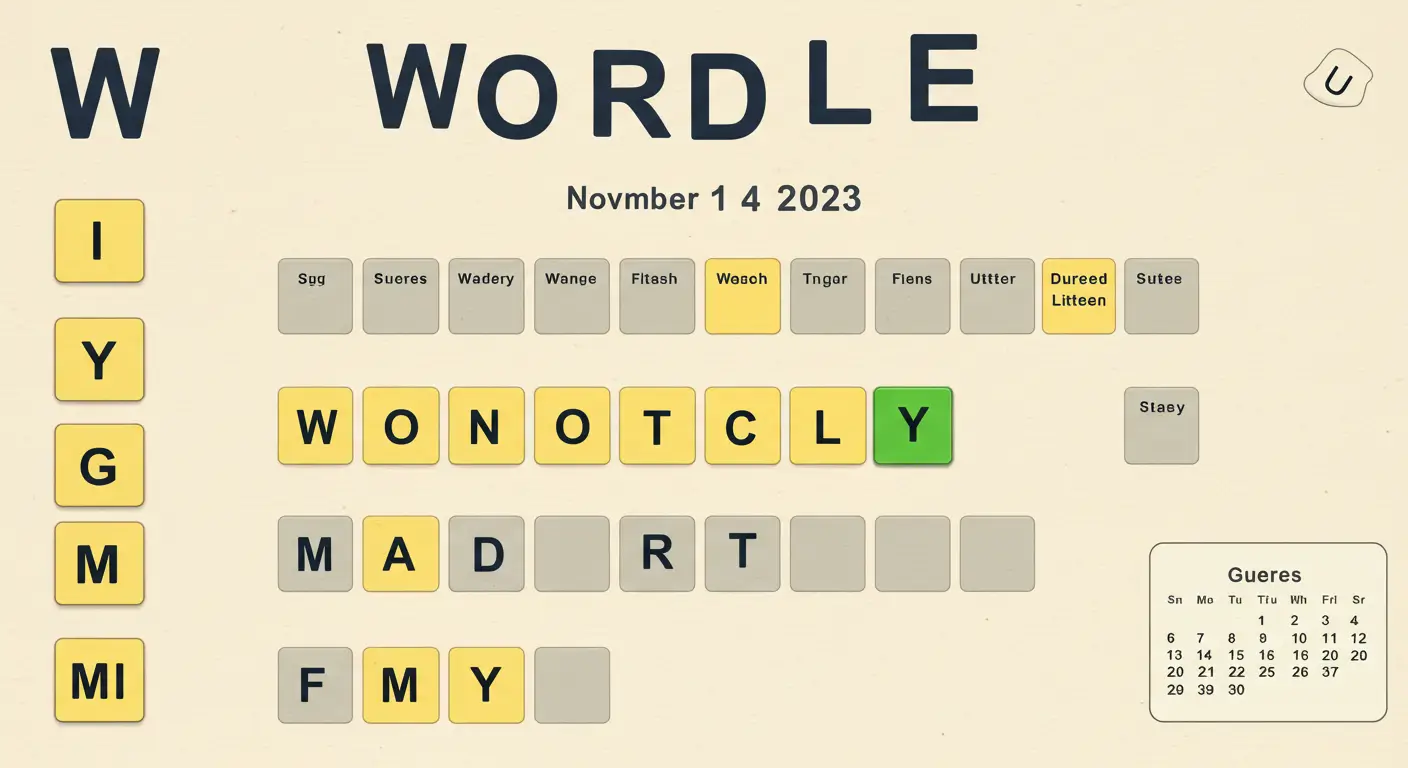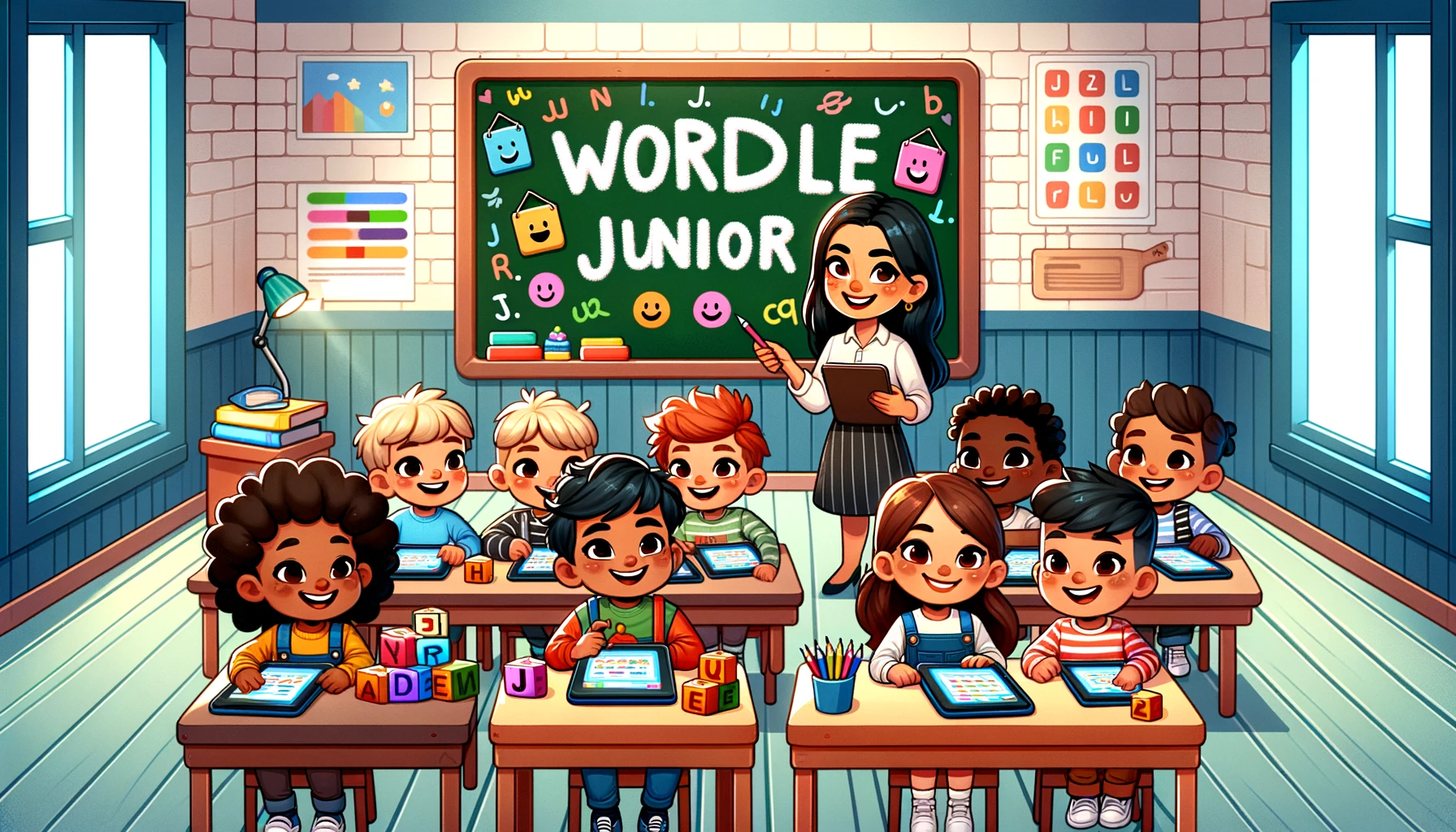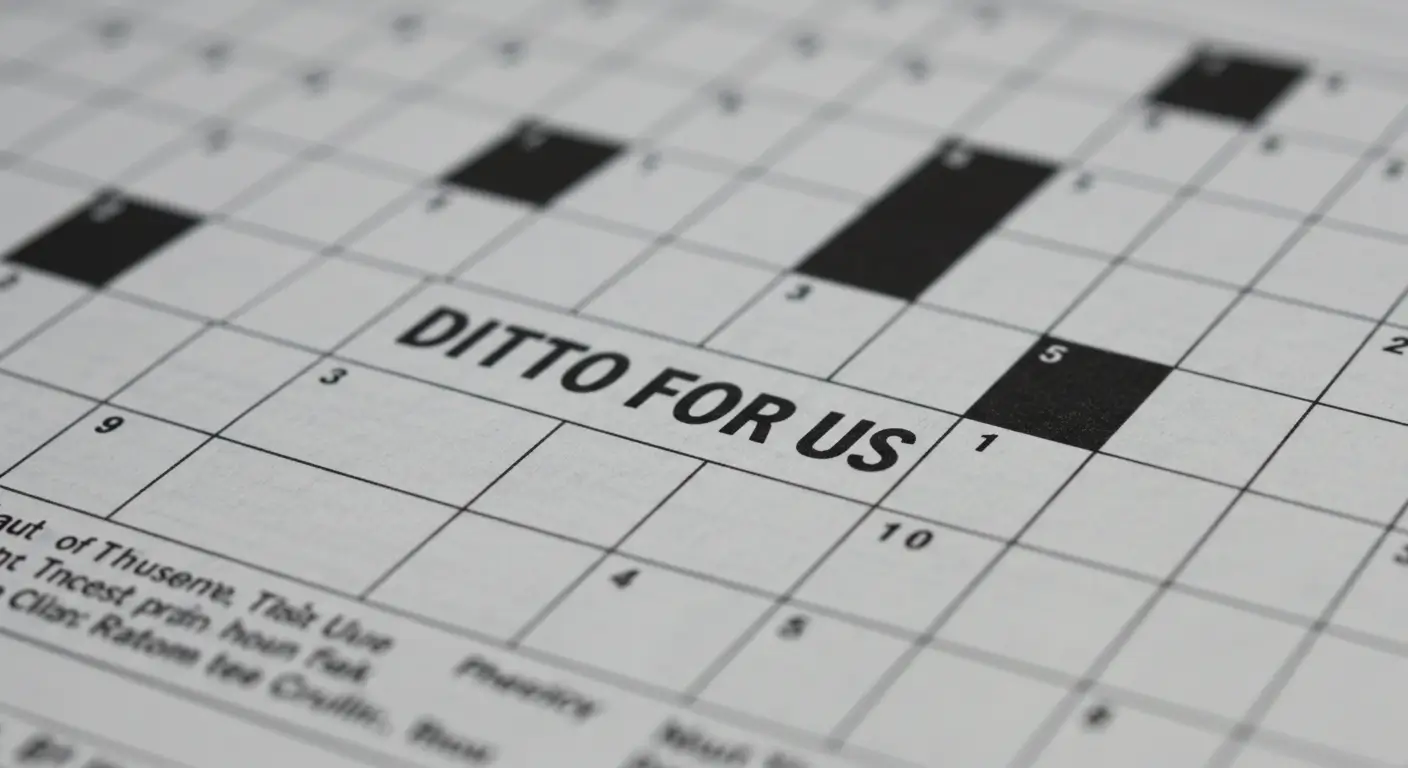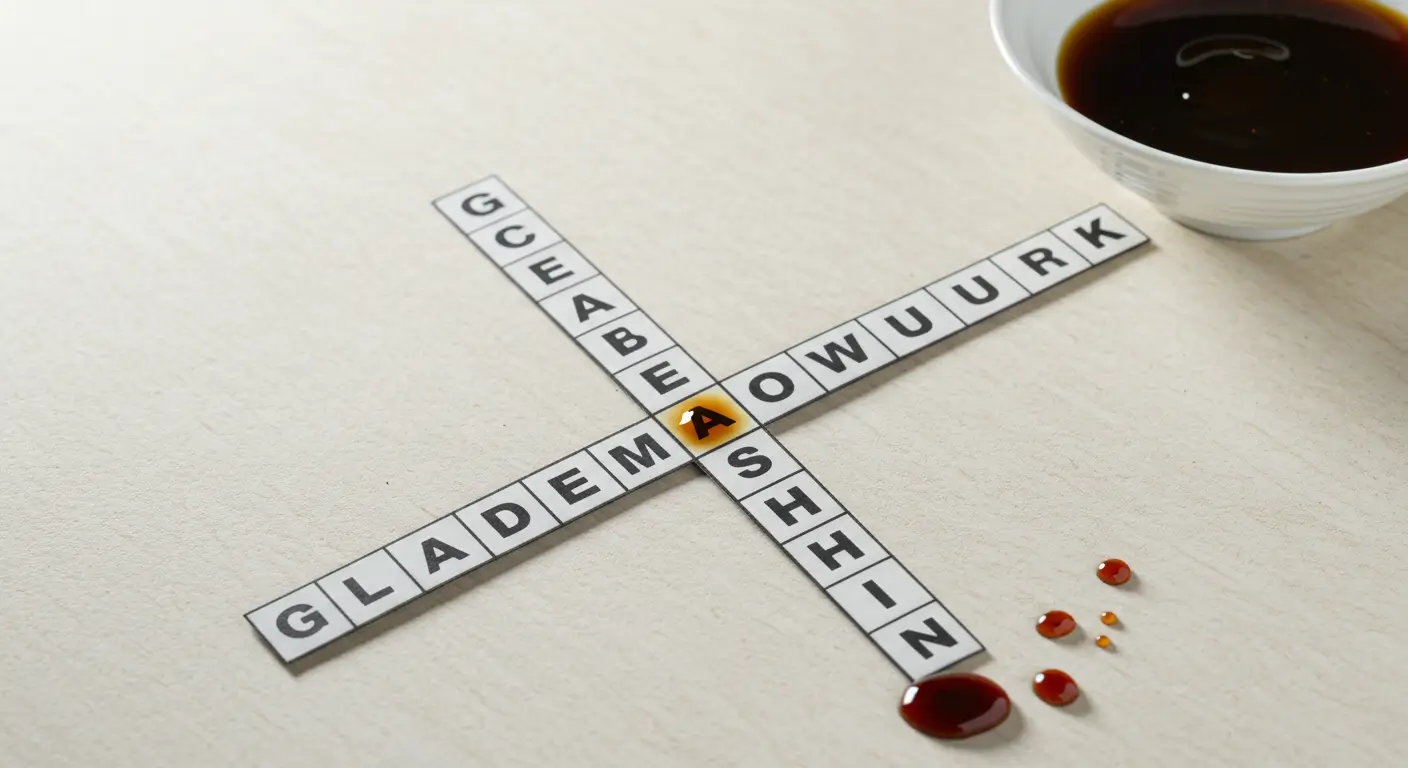Crossword puzzles in publications like the New York Times are not just pastimes but windows into the complexities of language and culture. Clues like prone to complaining NYT exemplify this beautifully, offering a glimpse into the subtleties of expression and interpretation.
Table of Contents
The Intricacies of Crafting Clues
Creating a crossword puzzle is akin to composing a piece of music. Each clue must harmonize with the others, creating a cohesive and challenging experience. Prone to complaining NYT is a testament to this craft. It demands a solver’s empathy and understanding of language, nudging them to think beyond the literal.
Decoding “Prone to Complaining NYT”
To solve a clue like prone to complaining NYT, one must dive into synonyms, cultural references, and the nuances of language. This particular clue challenges the solver to consider various aspects of human behavior and how they are expressed in a single word or phrase.
The Cultural Significance of Crossword Clues
Crossword clues, especially in renowned publications like the NYT, often reflect societal trends and linguistic evolution. Prone to Complaining NYT tests linguistic skill and offers insight into societal attitudes towards complaining, highlighting how common grievances are articulated in contemporary language.
Prone to complaining Crossword Clue Answer is…
🟩🟩🟩🟩🟩
Answer: WHINY
🟩🟩🟩🟩🟩
The Psychological Puzzle
Clues like prone to complaining NYT also serve as a mirror to our psychological behaviors. They make us ponder why certain behaviors are universally acknowledged and how language shapes our perception of these behaviors.

Educational Value in “Prone to Complaining NYT”
For educators and language enthusiasts, clues like prone to complaining NYT provide an excellent opportunity to explore language dynamics. They can be used as tools to discuss synonyms, antonyms, and the evolution of language in a fun and engaging way.
Conclusion:
In unraveling prone to complaining NYT, we uncover much more than a crossword answer. We embark on a linguistic journey that touches upon culture, psychology, and the art of language. It’s a reminder of how crossword puzzles, particularly those in the NYT, continue to be a cherished part of our intellectual and cultural landscape.
FAQs on “Prone to Complaining Crossword Clue”
Q1: What does the clue prone to complaining typically refer to in a crossword puzzle?
A1: In a crossword puzzle, the clue “prone to complaining NYT” usually refers to a word or phrase that encapsulates the essence of habitual grumbling or discontent. The answer could be a synonym for ‘complaining’ or a term closely associated with this behavior.
Q2: How do I approach solving clues like prone to complaining in a crossword puzzle?
A2: To solve such clues, think about synonyms and consider the context of the puzzle. Sometimes, understanding the theme of the crossword can provide hints towards the answer. It’s also helpful to fill in surrounding answers for potential letter clues.
Q3: Why are clues like “prone to complaining NYT” common in crossword puzzles?
A3: These types of clues are popular because they challenge the solver to think beyond direct meanings. They also add an element of psychological and cultural understanding, making the puzzle solving experience more enriching and educational.
Q4: Can solving clues like “prone to complaining NYT” help improve my language skills?
A4: Absolutely! Solving crossword clues enhances vocabulary, improves problem-solving skills, and fosters a deeper understanding of language nuances and usage.
Q5: Where can I find crossword puzzles that include clues like “prone to complaining NYT”?
A5: Such clues are commonly found in crossword puzzles of major newspapers like the New York Times, as well as in various online platforms and crossword apps that offer a range of puzzles for different skill levels.
Q6: Are there any strategies for beginners to tackle challenging clues in crosswords?
A6: Beginners should start with simpler puzzles and gradually progress to more challenging ones. Using a dictionary or a thesaurus can be helpful. It’s also beneficial to practice regularly and discuss puzzles with fellow enthusiasts for tips and strategies.
Q7: How can I create my own crossword puzzle with clues like “prone to complaining NYT”?
A7: To create your own puzzle, start by deciding on a theme. Then, create a grid and fill it with words that fit your theme, using software or online tools designed for crossword creation. Craft clues that are challenging yet fair, keeping in mind the balance between direct and indirect hints.










